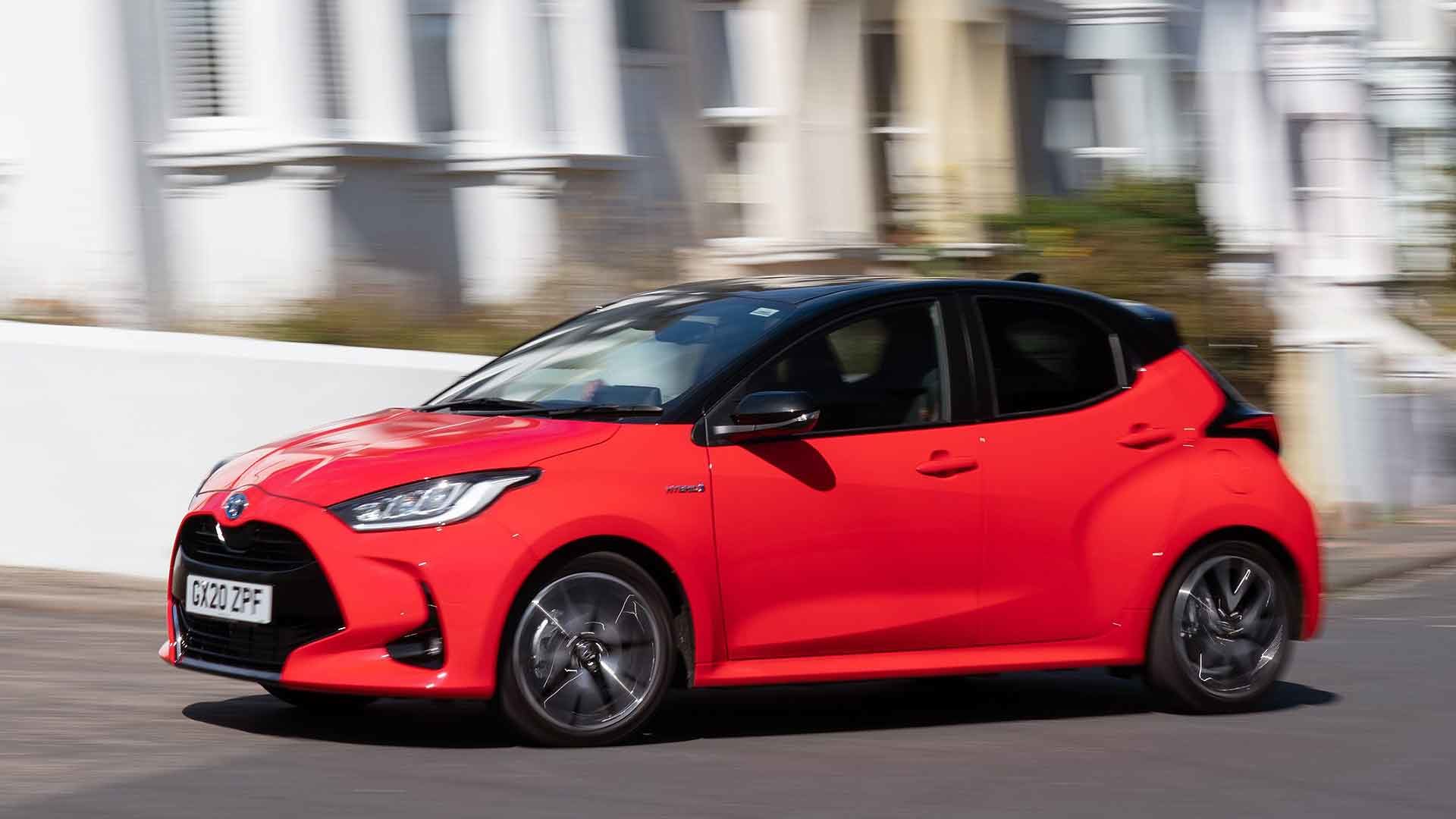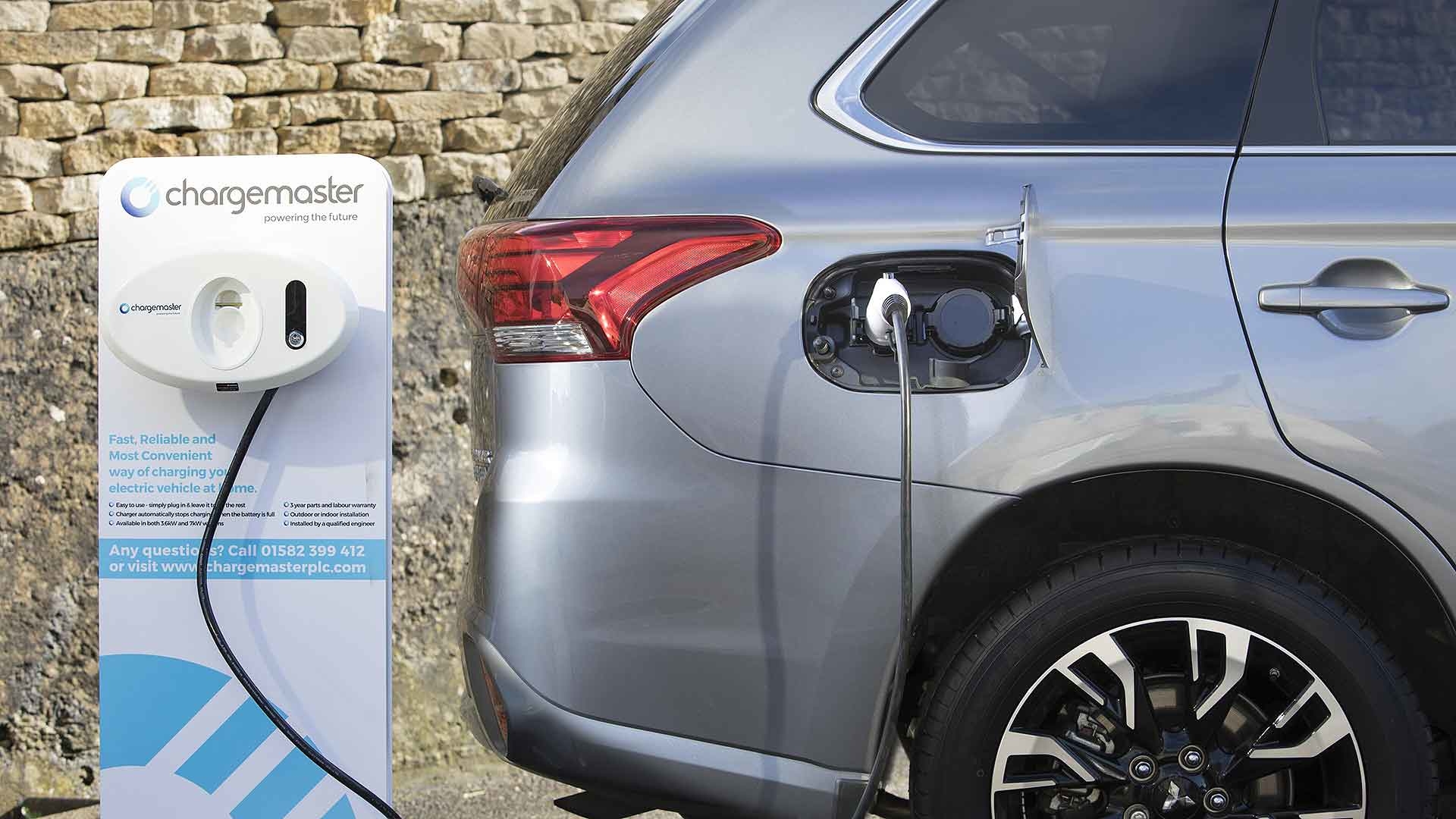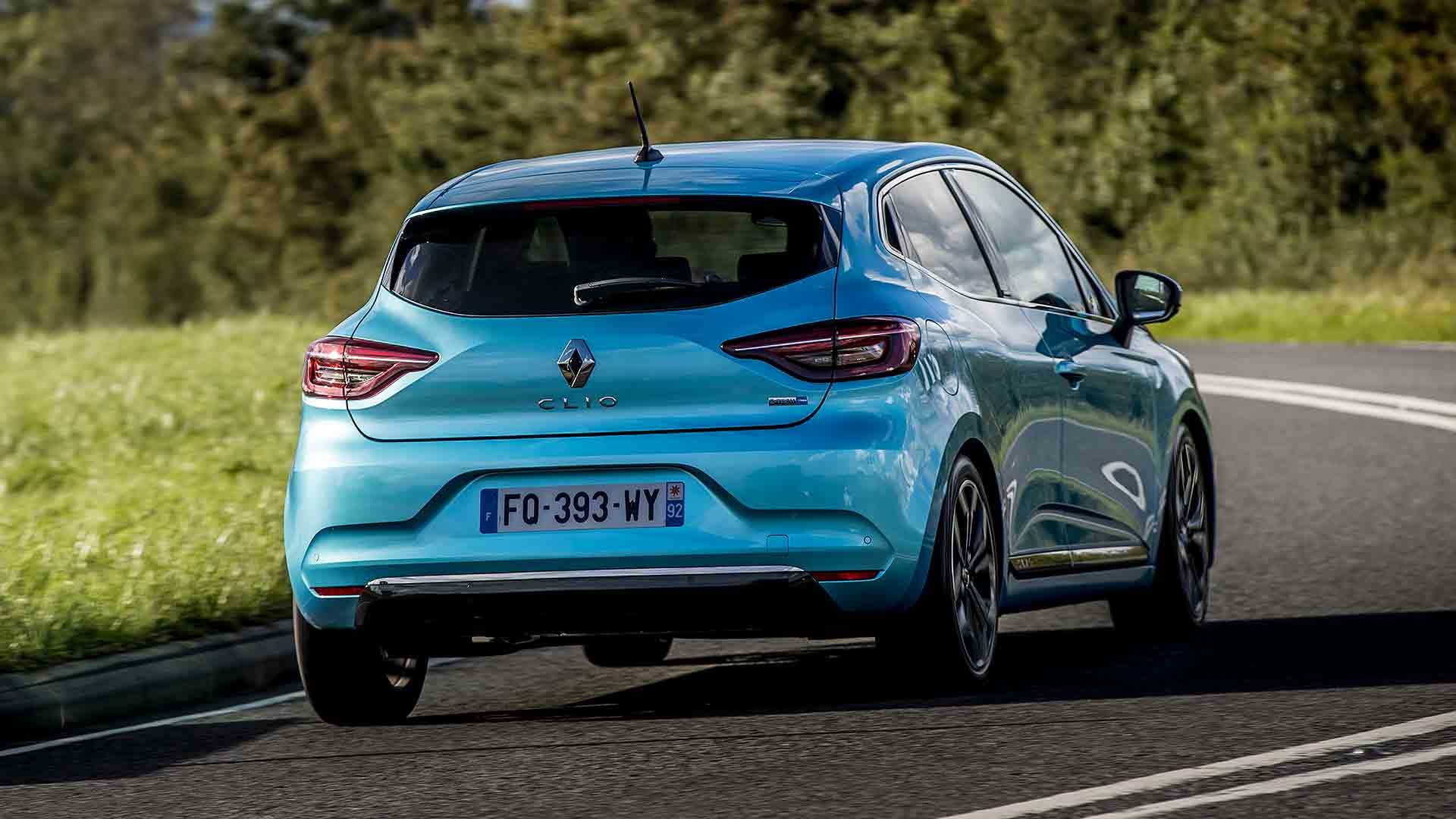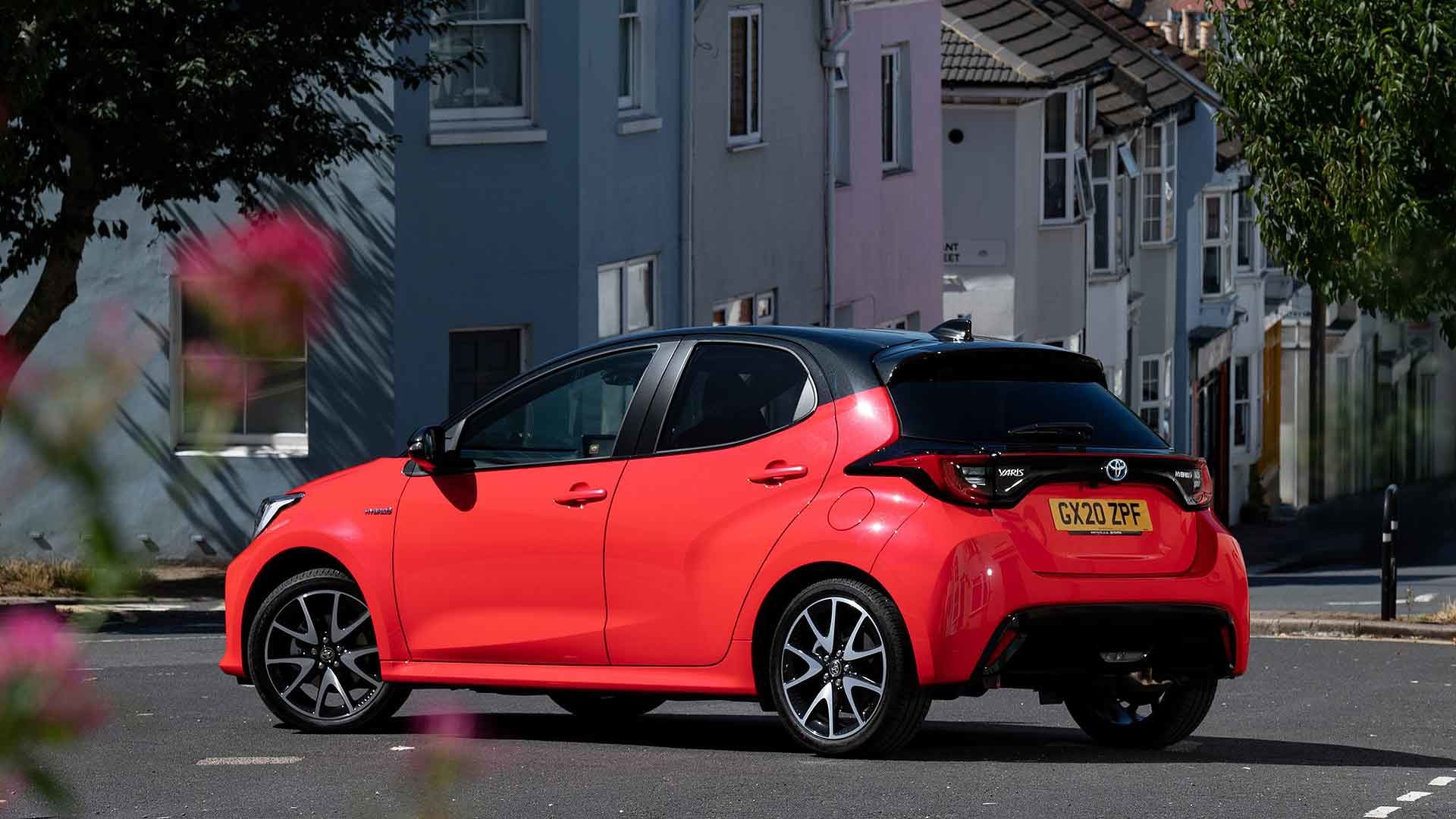
The sale of some new hybrid cars will continue until 2035. This follows the announcement that new petrol and diesel cars will be banned from sale in the UK from 2030.
In a statement, the government said ‘new cars and vans can be sold if they have the capability to drive a significant distance with zero emissions (for example, plug-in hybrids or full hybrids)’. What constitutes a ‘significant distance’ will be defined through consultation.
Although this grey area remains, the fact that full hybrids – or ‘self-charging hybrids’ – are excluded from the ban will anger green campaigners and those seeking a total ban on ICE (internal combustion engine) cars. There’s a big difference between a plug-in hybrid and full hybrid car, not least the electric range.
Plug-ins lead the charge

The Mitsubishi Outlander PHEV, the UK’s most popular plug-in hybrid, offers an official 28 miles of pure electric range. Up to 32 miles is possible in the Hyundai Ioniq Plug-in, while the BMW 330e can cover up to 41 miles in electric mode.
This makes them ideal for commuting and city driving. Charge them overnight, and you should wake up to enough charge to cover an average UK car journey of 8.4 miles. That’s assuming the owner remembers to charge the batteries. If not, a plug-in hybrid is just another expensive and heavy petrol or diesel car.
In contrast, a full hybrid cannot be charged from a power socket. Instead, these cars feature a small electric motor to boost the performance or efficiency of a petrol or diesel engine. The electric range is limited to slow-moving traffic, pulling away from rest and parking.
They’re popular, because they offer the efficiency of a diesel car and are cheaper to tax. However, some will argue that they shouldn’t be exempt from the 2030 ban.
‘Full hybrids can’t even do the UK’s average car journey’

Tom Callow, electric vehicle expert and advocate, tweeted: “Full hybrids can’t even do the UK’s *average* car journey without zero tailpipe emissions. Not sure how they will pass any “significant distance” bar by 2030.”
He argued that an exemption “will slow down the rollout of charge point infrastructure”.
Toyota would beg to differ. The company is likely to point to data showing that, on average, up to 54 percent of a journey time in a Toyota hybrid is completed in electric mode. This figure is based on test drives conducted over a total of 1,687,319 mies at an average speed of 23mph.
In the launch material for the new Yaris, Toyota said its fourth generation hybrid system was tested in the likes of Rome, Paris and Darmstadt. It pointed to trials showing that cars equipped with the technology operate for 80 percent of the time as a zero emission vehicle.
Toyota’s range is underpinned by hybrid vehicles: the Yaris, C-HR, Corolla, Camry, RAV4 and Prius. The company is likely to be at the forefront of calls for full hybrids to be included in the 2035 extension.
‘Taking more than four million cars off the road’

Transport secretary Grant Shapps said: “The UK is going further and faster than any other major economy to decarbonise transport, harnessing the power of clean, green technology to end the UK’s contribution to climate change by 2050.
“Bringing forward the phase-out date could create 40,000 extra jobs by 2030, particularly in our manufacturing heartlands of the North East and across the Midlands, and will see emissions reductions equivalent to taking more than four million cars off the road.
“We are also leading the charge when it comes to the transition to zero emission vehicles and today’s timely boost in funding builds on our world-leading £2.5 billion package to encourage drivers to make the switch.”
Click here to read more about the 2030 new petrol and diesel car ban.